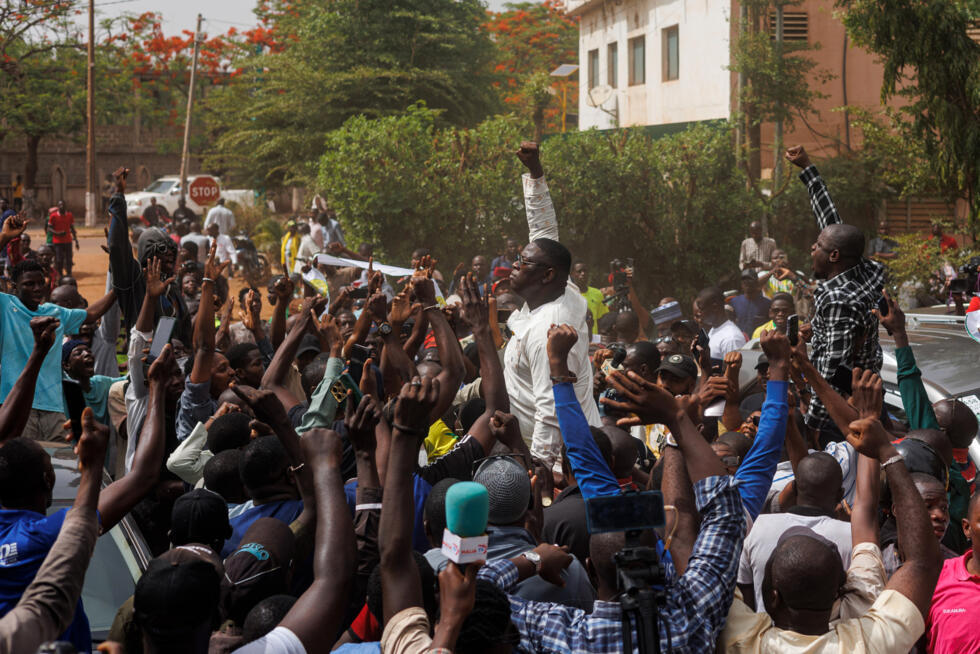Mali’s supreme court orders dissolved political parties to justify use of public funds

Mali’s Supreme Court has demanded that all dissolved political parties provide a detailed account of how they used public subsidies allocated for their operations.
The order, issued with a strict deadline set for the end of the month, comes despite the fact that these parties were officially dissolved by presidential decree earlier this year.
The annual state subsidies were traditionally used to support party activities and promote democratic engagement in the country.
However, with the dissolution of all political parties under the current transitional government, the request from the highest judicial authority has raised eyebrows and questions about both timing and legal clarity.
Observers say the move could indicate an attempt by the transitional authorities to tighten oversight over public expenditures and reinforce transparency in governance.
Though retroactive, the measure is seen as part of a broader effort to address mounting public demand for accountability and restore trust in institutions following years of political instability.
“This decision challenges the assumption that the dissolution of a party absolves its leaders from financial accountability,” noted a constitutional law expert in Bamako.
“It reflects a deeper institutional push to audit past governance—even if the entities in question no longer exist.”
The Supreme Court’s ruling now places pressure on former party leaders, many of whom have remained silent or politically inactive since the dissolution.
They must submit detailed financial records outlining how they managed the subsidies or risk legal sanctions.
This development follows a decree issued by transitional authorities in March 2025 that eliminated all registered political parties, citing national unity and the need to reset the political framework.
The decree was widely criticized by civil society groups and international observers as a setback for democratic norms.
With the Supreme Court’s latest move, the country’s political transition enters yet another complex phase—one that could redefine the boundaries of accountability, even in the absence of formal political structures.
About The Author
dailymailafric
I am an avid African news observer, and an active member of Daily Mail Africa.
I’m Passionate about staying informed on diverse topics across the continent,
I actively contribute to publishing on political, economic and cultural developments in Africa.



